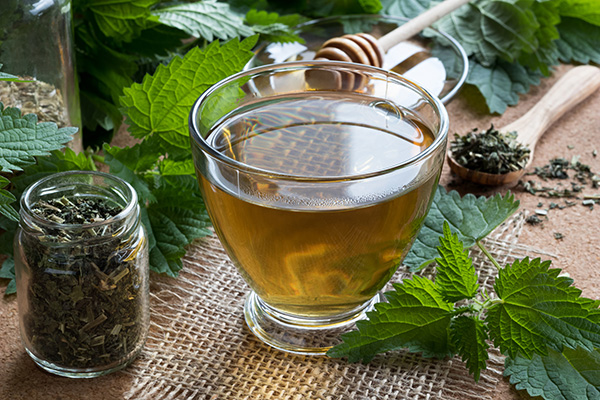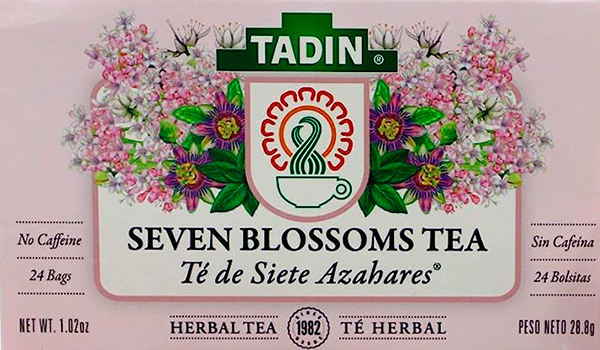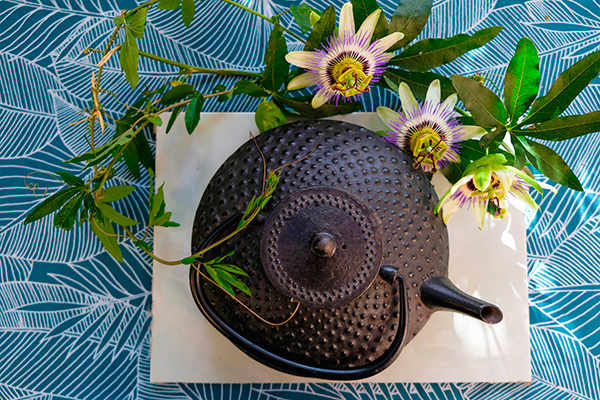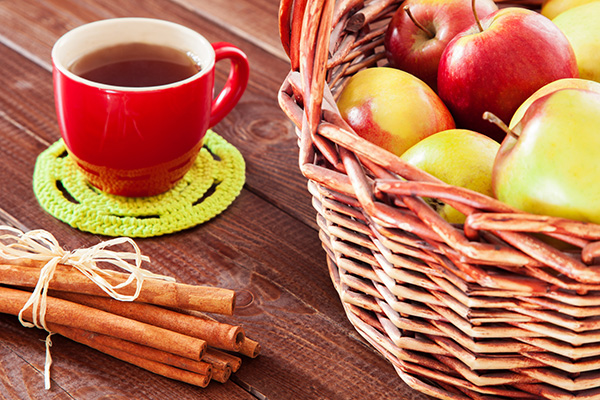Does Chai Tea Stain Teeth?
Chai tea lovers may be curious about its impact on their dental health and whether it can lead to teeth staining.
The answer is yes. Chai tea’s spicy yet comforting taste comes from mixing black tea with flavorful ingredients like cinnamon, cardamom, and ginger. While black tea is known for its staining potential, the added spices in chai tea may impact its overall effect on tooth discoloration.
Why Does Chai Tea Stain Teeth?
Chai tea typically contains black tea, which is recognized for its significant tannin concentration. Tannins are organic compounds found in plants that can cause staining by binding to proteins in the enamel of your teeth. This can make your teeth appear darker or yellow over time.
In addition to black tea, many chai tea blends contain spices like cinnamon and clove, which also have pigments that can stain teeth. These spices are often used in concentrated forms in chai tea, increasing its staining potential.
What is Chai Tea Exactly?
The birthplace of Chai tea, also called masala chai, is India. The word “chai” comes from Hindi and means “tea.” So it’s no surprise that calling it “chai tea” is like saying “tea-tea.” Chai is made using combinations of tea and spices. The most common blend contains black tea, cinnamon, cardamom pods, ginger, cloves, and star anise. Milk and sweetener are often added to create a creamy, spicy-sweet flavor profile.
In recent decades, chai has experienced a surge in popularity in Western countries. You can now enjoy it at a variety of coffee shops and cafes. While traditional chai is made with black tea and spices, many variations that use different types of tea or flavorings are now available. For example, some cafes offer pumpkin spice chai during the fall season or vanilla chai year-round.
How to Prevent Chai From Staining Teeth?
While it’s important to be mindful of its potential staining effects on teeth due to its black tea base, there are a few things you can do:
- Drink through a straw: Using a straw can help minimize the amount of contact the tea has with your teeth, reducing the likelihood of staining.
- Rinse your mouth with water: To prevent residue from chai tea from sticking to your teeth, rinse your mouth with water after drinking it.
- Brush and floss regularly: Maintaining good dental hygiene practices is crucial in preventing stains on your teeth. Brushing and flossing regularly will help remove surface stains before they can set in.
- Use whitening toothpaste: Consider using toothpaste explicitly designed for whitening if you’re concerned about staining. These toothpastes contain ingredients that can help remove surface stains over time.
- Try a tea that doesn’t stain as much: If staining is a concern, consider switching to green tea with lower tannin levels than black tea. Additionally, herbal teas like peppermint or rooibos typically have fewer tannins and pigments that can stain your teeth.
Best Chai Tea to Try
If the potential for staining your teeth hasn’t discouraged you from drinking chai tea, here are some of the best chai tea brands for you to try.
Conclusion
In conclusion, chai tea can stain your teeth due to its black tea base and added spices.
To minimize the risk of staining, consider using a straw or rinsing your mouth with water after consuming certain substances.
Moreover, practicing consistent dental hygiene habits like regular brushing and flossing and attending periodic dental cleanings are essential to prevent staining.






